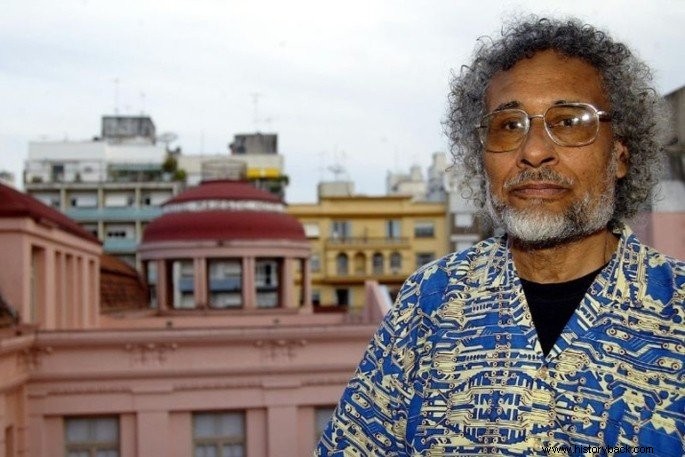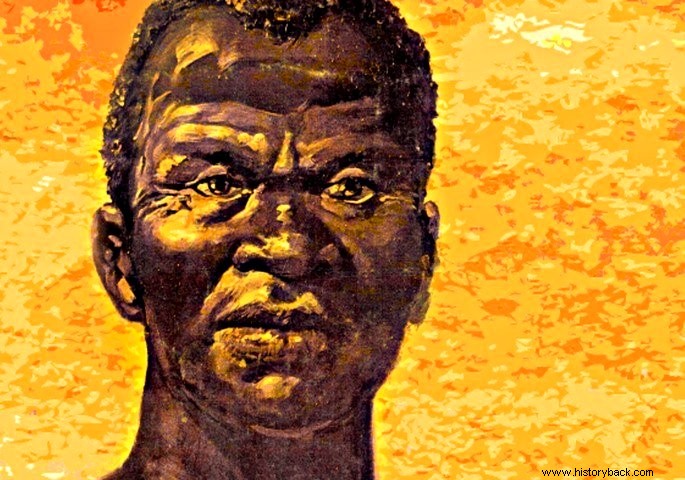The creation of the Black Consciousness Day, November 20, was an initiative of Grupo Palmares, at the first meeting of this group, founded in Porto Alegre in 1971.
The celebration has been part of the school calendar since 2003 and was instituted throughout Brazil in 2011.
The date chosen to commemorate the Black Consciousness Day corresponding to the day of the death of the black leader Zumbi dos Palmares.
Origin of National Black Awareness Day
In 1971, black university students got together to create Grupo Palmares, in Porto Alegre (RS). Among them were the gaucho poet Oliveira Silveira (1941-2009), Vilmar Nunes, Ilmo da Silva and Antônio Carlos Cortes.

One of the objectives was to protest against the veto of the presence of black boys in a club in the capital of Rio Grande do Sul and discuss the situation of blacks.
In this first meeting, in a room at the Marcílio Dias club, the creation of a date to celebrate black culture is also discussed.
The 13th of May was traditionally used for this purpose, but some people did not feel represented. Despite being the day of the Abolition of Slavery, it was a moment that resembled a gesture made by a white person, Princess Isabel.
Therefore, upon hearing the story of Quilombo de Palmares and its leader, Zumbi, members of Grupo Palmares identified themselves.
Thus, they chose November 20, the date of Zumbi dos Palmares' death, as the ideal day for the appreciation of black culture.
With the creation of the Unified Black Movement against Racial Discrimination (MNU), on July 7, 1978, in São Paulo, the date gains more popularity.
In the same year, the São Paulo writer Osvaldo de Camargo (1936), through the MNU, proposed that November 20th be Black Consciousness Day.
Black Consciousness in Brazil
Black Consciousness is understood as understanding the importance of black culture and history in the world.
Throughout the 20th century there were several movements that denounced racism in Brazil. Likewise, they demanded greater participation of the black population in the artistic, intellectual and political spheres.
Newspapers such as “A Alvorada”, which appeared in 1907 in Rio Grande do Sul; "O Clarim d'Alvorada" or "Progresso", in São Paulo, were produced by blacks.

Likewise, the Companhia Negra de Revista (1926) or the Teatro Experimental do Negro (1944) sought to give space to black artists in society.
In the political field, we can highlight the Frente Negra Brasileira, in 1931, closed with the emergence of the Estado Novo, in 1937.
In this way, we realize that resistance movements and movements for the appreciation of black culture and heritage have always existed in Brazil.
Read Also :
Quilombo dos Palmares
Phrases for Black Awareness Day
